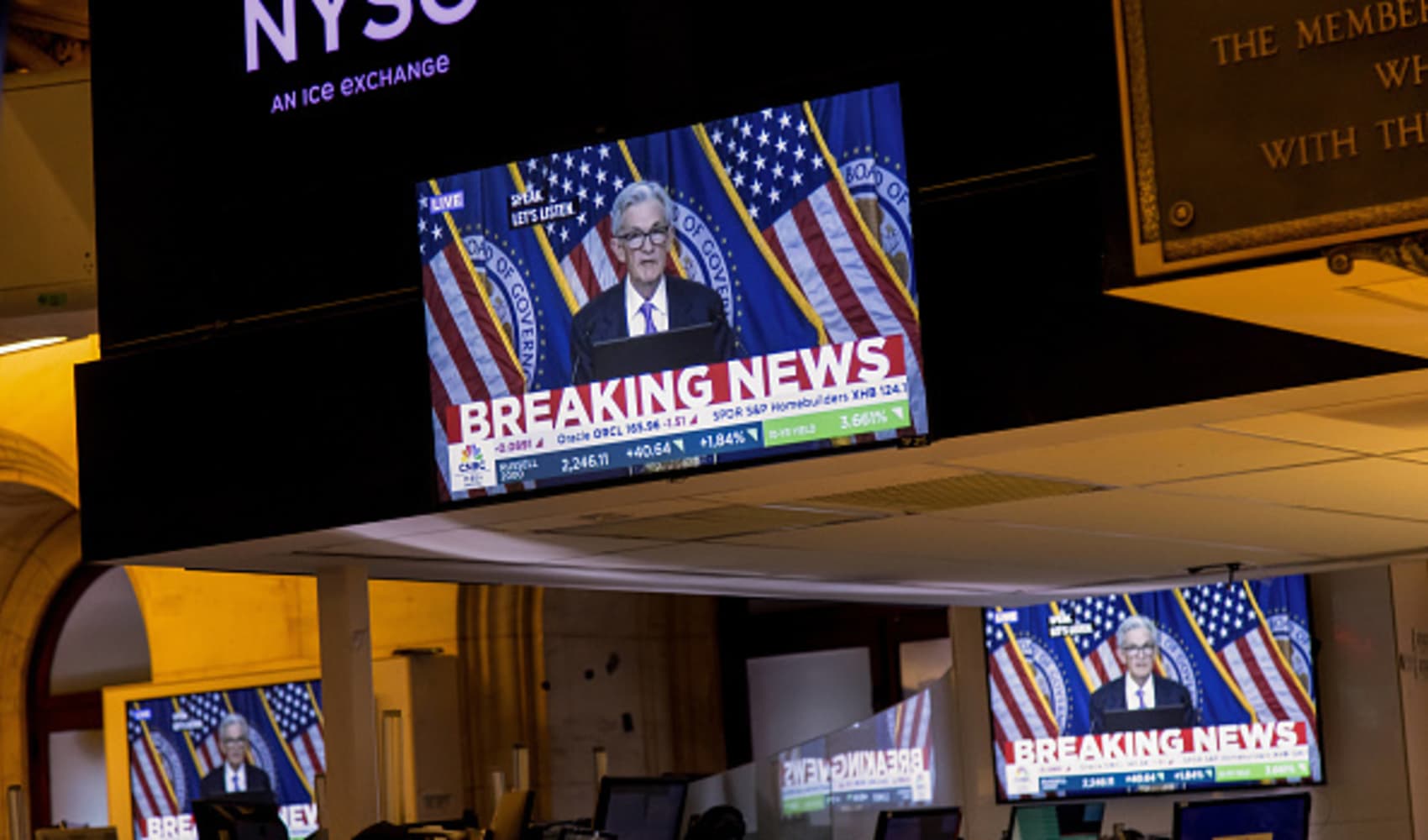
- In 2021, 14% of 401(k) plan investors left their employer due to a voluntary departure or retirement, according to Vanguard Group.
- A record 48 million people quit their jobs last year, part of a trend dubbed the Great Resignation.
- New hires often have a waiting period to contribute to their 401(k) plan or access their full employer match.
Saving in a 401(k) plan may be tough for workers who switch jobs frequently — a dynamic that's come into greater focus amid the Great Resignation.
In 2021, 14% of people saving in a 401(k) plan left their employer, according to a new report from Vanguard Group, which is among the largest retirement plan administrators.
The share is up from 10% in 2017, according to Vanguard. It includes individuals who left their company for another job or venture and those who retired from their employer.
More from Personal Finance:
Annuity sales buoyed by market fears, higher interest rates
How to use a 529 college savings plan if student debt's forgiven
Here's how to fight a higher-than-expected property tax bill
Overall, almost 48 million people quit their jobs last year, an annual record. That torrid pace of voluntary departures has continued in 2022.
There has been historic churn in the labor market as job openings surged to all-time highs and employers raised wages at the fastest pace in decades to compete for talent — enticing workers to seek out new opportunities elsewhere.
Money Report
The mechanics of certain 401(k) plans mean many new hires can't continue saving in their new workplace plan right away. And if your new employer offers a 401(k) match, those funds may take a few years to fully belong to you.
Get a weekly recap of the latest San Francisco Bay Area housing news. Sign up for NBC Bay Area’s Housing Deconstructed newsletter.
"Participants are changing jobs more frequently and may risk retirement savings interruptions," according to Vanguard, which based its analysis on 1,700 workplace retirement plans with 5 million participants.
Waiting period

In 2021, 72% of 401(k) plans allowed new hires to start saving immediately, according to Vanguard. The remainder had a waiting period of at least a month before employees could save; of them, 8% required one year of service.
Many businesses also have a waiting period before paying a 401(k) match. To that point, 62% of employers offering a 401(k) in 2021 began matching contributions immediately for new hires, according to Vanguard. Meanwhile, 18% required a year of service before paying a match.
Those matching contributions — essentially "free" money from your employer — may not belong to you immediately, though. Many businesses use "vesting" schedules to determine when savers have full access.
Fifty-one percent of 401(k) plans require at least one year of service before their matching contributions become fully available to participants, according to Vanguard; 25% require five or six years.
These dynamics make it more difficult for workers who leave their jobs and accept new employment to continuously save in a 401(k) plan for retirement.
Research shows that delays in saving (especially over lengthy periods) generally lead to smaller nest eggs for retirees due to how investment earnings compound over time.
Of course, there are other ways to save for retirement outside a workplace retirement plan. Workers can contribute to an individual retirement account, for example. But IRAs — whether traditional and funded with pre-tax earnings or Roth, using post-tax money — carry lower contribution limits and don't have an employer match.
Workers can put up to $20,500 in their 401(k) accounts in 2022. Those age 50 and older can put away an additional $6,500.
Individuals can save up to $6,000 in an IRA in 2022 (and another $1,000 for those 50 and older).
However, there are income limits that apply to Roth IRA contributions. If you (or a spouse) are covered by a retirement plan at work, your traditional (pre-tax) IRA contributions may only be partially tax-deductible (or not deductible at all) depending on household income.






